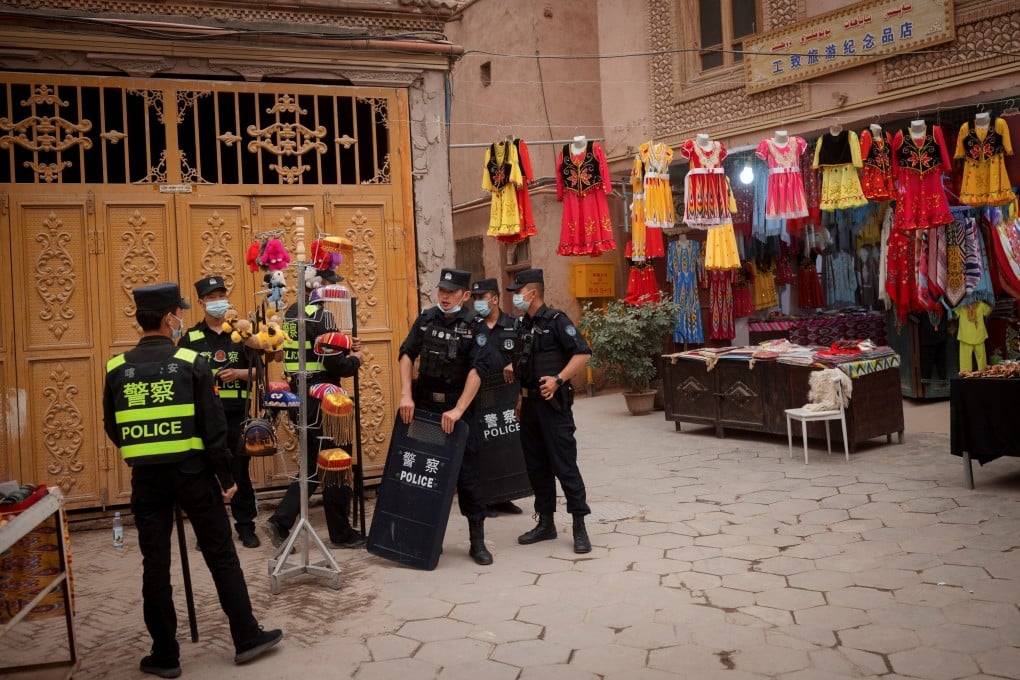Advertisement
Xinjiang forced labour bill moves ahead as it clears key US Senate committee
- The legislation is a sign of the growing willingness in both political parties to challenge American businesses over their ties to the region
- ‘If you want to import something from this region, you have to prove that those goods were not made with forced labour. Otherwise it is presumed that it was’
3-MIN READ3-MIN
17

Jacob Fromerin Washington
The Uygur Forced Labour Prevention Act found new life on Thursday after it cleared a key US Senate foreign policy committee without objection, less than a year after lawmakers failed to pass bipartisan legislation seeking to block all imports from China’s Xinjiang region.
The bill effectively amounts to a ban on all goods coming into the US from Xinjiang, unless businesses can prove that they were not made using forced labour.
It is the latest sign from Washington of the widespread anger towards Beijing over its policies in the region. But it also signals another emerging shift in the US capital: a growing willingness in both parties to challenge American businesses over their ties to Xinjiang.
Advertisement
“American companies argue that their supply chains are clean,” said Senator Marco Rubio of Florida, the Republican sponsor of the bill. “And what this bill says is: prove it.”

01:11
Canada leads call by more than 40 countries for China to give UN access to Xinjiang
Canada leads call by more than 40 countries for China to give UN access to Xinjiang
“If you want to import something to the United States from this region, you have to prove that those goods were not made with forced labour. Otherwise it is presumed that it was,” Rubio said.
Advertisement
Advertisement
Select Voice
Select Speed
1.00x